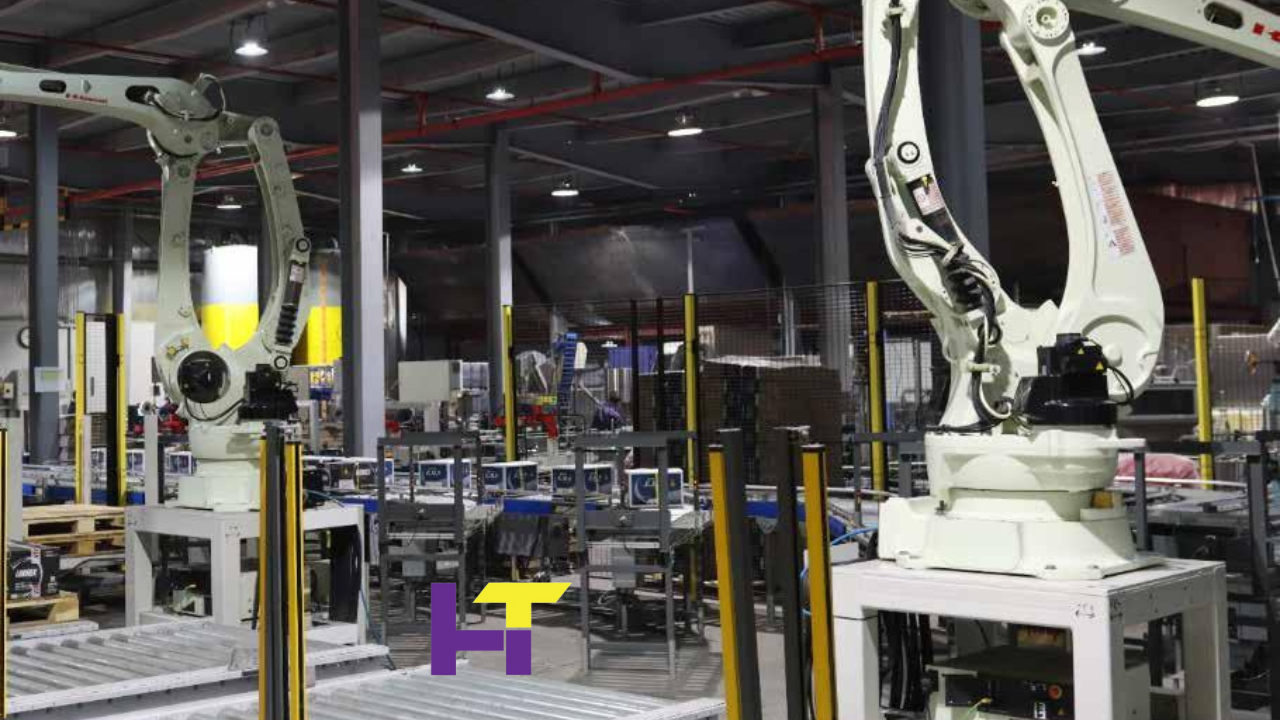How Dubai is Transforming the Supply Chain Management Industry

Dubai has emerged as a global hub for trade and logistics in recent years thanks to its strategic location, state-of-the-art infrastructure, and business-friendly environment. The city has been at the forefront of transforming the supply chain management industry, introducing innovative solutions that revolutionize how goods are transported, stored, and delivered. In this article, we will explore how Dubai is shaping the future of supply chain management.
The Rise of Smart Warehousing
Dubai is home to some of the most advanced warehousing facilities in the world, incorporating cutting-edge technologies such as automation, robotics, and artificial intelligence. Smart warehouses in Dubai are equipped with autonomous vehicles for efficient inventory management, drones for quick stocktaking, and IoT sensors for real-time monitoring of goods. These technologies have significantly improved operational efficiency, reduced errors, and enhanced overall productivity in the supply chain.
Implementation of Blockchain
One of the key factors driving the transformation of supply chain management in Dubai is the widespread adoption of blockchain technology. Dubai has pioneered blockchain implementation in supply chain processes, enabling secure and transparent transactions across the network. With blockchain, stakeholders can track the movement of goods in real time, verify authenticity, and ensure compliance with regulations. This has increased trust, reduced fraud, and improved traceability in the supply chain.
Growth of Free Zones
Dubai’s free zones have significantly transformed the supply chain management industry by offering businesses a conducive environment to operate and grow. Free zones such as Jebel Ali Free Zone (JAFZA) and Dubai South provide companies with tax incentives, 100% foreign ownership, and simplified customs procedures, making importing, exporting, and distributing goods easier. These free zones have attracted multinational corporations and logistics companies, further enhancing Dubai’s position as a logistics hub.
Dubai’s free zones have revolutionized the supply chain management industry by providing a favorable setting for businesses to thrive. Key players like Jebel Ali Free Zone (JAFZA) and Dubai South offer attractive incentives such as tax breaks, full foreign ownership, and streamlined customs protocols, facilitating seamless import, export, and distribution processes. The presence of these free zones has enticed global corporations and logistics firms, bolstering Dubai’s status as a premier logistics hub.
Investment in Infrastructure
Dubai’s continuous investment in infrastructure development has revolutionized the supply chain management industry. The city has built world-class ports, airports, and roads, establishing seamless connectivity for the movement of goods. The Jebel Ali Port, one of the busiest ports globally, is a central transshipment hub, handling millions of containers annually. Additionally, Dubai International Airport, ranked among the top airports for cargo traffic, facilitates the quick transportation of goods to and from different parts of the world.
Introduction of VAT
In 2018, Dubai implemented Value-Added Tax (VAT) as part of its efforts to diversify revenue sources and enhance economic sustainability. While the introduction of VAT had implications for businesses across various sectors, including supply chain management, it also presented an opportunity for companies to streamline their operations and adopt more efficient practices. By leveraging technology and automation to comply with VAT regulations, businesses in Dubai have optimized their supply chain processes and improved overall cost management.
Focus on Sustainability
Dubai has increasingly focused on sustainability and environmental conservation in the supply chain management industry. The city has launched initiatives to reduce carbon emissions, promote renewable energy sources, and implement green practices in logistics operations. Companies in Dubai are encouraged to adopt eco-friendly solutions such as electric vehicles, solar-powered warehouses, and recyclable packaging materials. By incorporating sustainable practices in the supply chain, Dubai aims to create a more environmentally friendly and efficient logistics ecosystem.
These efforts align with global trends toward sustainability and demonstrate Dubai’s commitment to being a leader in environmentally conscious business practices. By embracing sustainability in supply chain management, Dubai reduces its carbon footprint and sets an example for other cities and industries to follow. This focus on green logistics benefits the environment and can lead to cost savings and increased efficiency for businesses in the long term. Overall, Dubai’s emphasis on sustainability in the supply chain management industry showcases its dedication to creating a greener, more sustainable future for future generations.
READ MORE
Conclusion
In conclusion, Dubai’s supply chain management industry transformation is driven by its commitment to innovation, technology adoption, and strategic investments. The city’s focus on intelligent warehousing, blockchain implementation, free zones, infrastructure development, VAT compliance, and sustainability has positioned it as a leader in redefining how supply chains operate globally.
As Dubai continues to pioneer new solutions and practices in logistics and trade, it is set to shape the future of the supply chain management industry and contribute to the advancement of global commerce.






